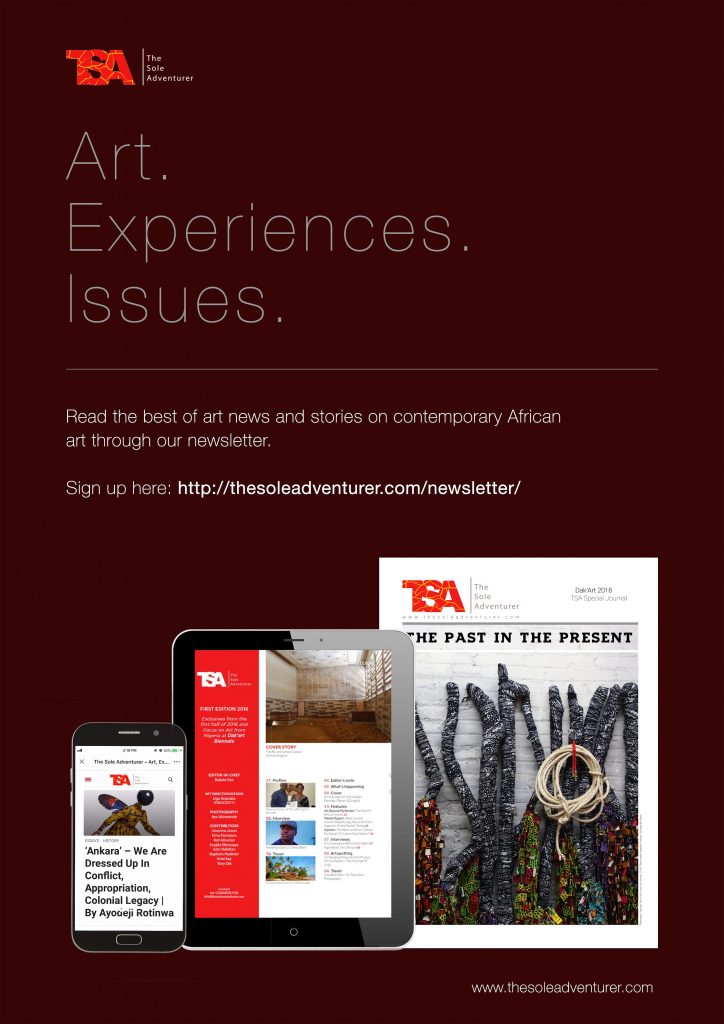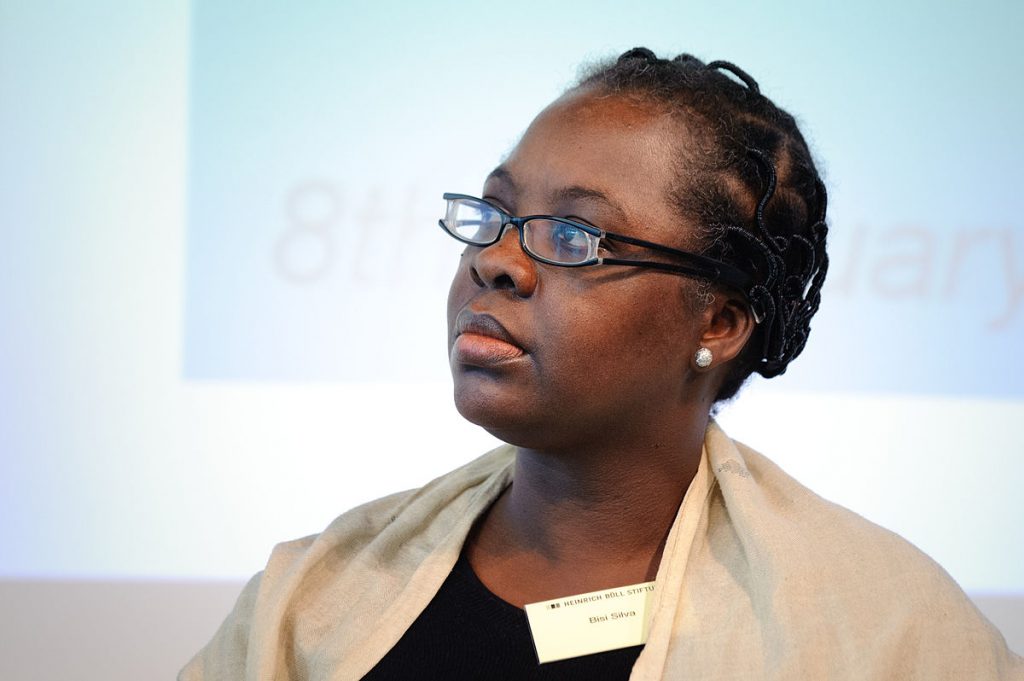Based in Texas, United States, Obafemi Ogunleye has a passion for his African culture and heritage. He promotes this through his platform the Olaju Art Group. In this interview, he shares his aspirations for the group, challenges and nuggets from its premier exhibition.

What is the Olaju Art Group?
The Olaju Art Group is an organization created to promote African cultural arts. It was founded in Ibadan in January 2014. We felt like there is a relatively low level of awareness regarding our culture. Through the group, we hope to increase the level by providing exhibitions which address significant cultural issues alongside contemporary art.
How did you come about its name?
The Yoruba word “Olaju” translates to “eyes open,” being synonymous with the word “exposure.” Exposure to African heritage is what we seek to provide through the use of contemporary art.
So far, have there been any workshops or exhibitions?
Yes, our premier exhibition was held on July 31, 2015 at St. Mary’s University in San Antonio, Texas. The exhibition, titled “Voodoo Survived”, featured works by Nigerian photographer Nseabasi Akpan and raised awareness of the Annual Voodoo Festival and the history of its creation.
 A guest appreciating an art piece at the exhibition
A guest appreciating an art piece at the exhibition
Oh lovely. What was the reception like?
It was well received. The audience appreciated the exhibition and a majority claimed to have learnt something new.
What are your aspirations for the group?
We want to become a source for security to emerging artists looking for a platform to develop their works. Our goals are two-sided; we want to be a link between African artists and international collectors, as well as provide educational information on African culture to the general public.
Any major challenges?
Of course, any start-up organization will have challenges, but our operational strategy reduces the impact of these challenges. The main challenges we are presently facing consist of funding, brand awareness and securing partnerships. Funding is crucial to our operations, limited funds equate to the limited scope of a project. So our programs are executed with a minimal budget which means the audience does not receive the full impact which is intended. Brand awareness is low with a new company, so establishing a loyal group of followers will be needed in order to earn credibility and increase our network of supporters. Our partnerships focus on institutions of higher education because this environment is favourable for introducing new ideas and movements into the general public. Once we are able to develop more partnerships, we can host more exhibition on university campuses throughout the country and increase our recognition.
In Africa, especially Nigeria, where arts suffer major setback, how do you go about your work?
In Nigeria, we only partner with artists who have proven to consistently and effectively produce works of art and also contribute to the local arts community. Working with such individuals provides a sense of assurance that all will be done to carry out the organization’s mission when various challenges emerge.
Read the full interview on Praxis Magazine.




